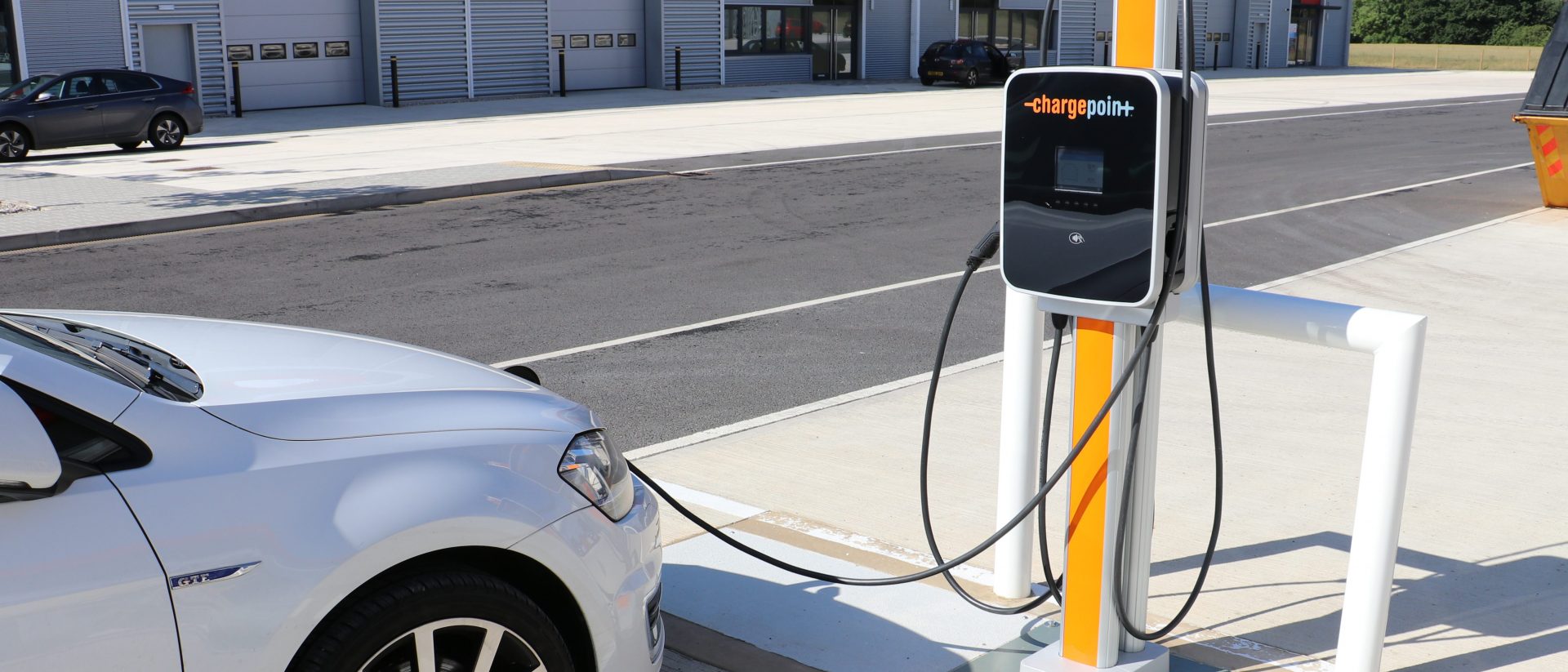Charge point letter is one part of larger EV shift needed
- Ministers write to Local Authorities encouraging the uptake of funding for on-street residential charging
- Viable EV charging network is crucial to the development of a mass-market
- Local Authorities need to embrace the funds and think about other charging needs, potentially using planning conditions
The Government has publicised that Ministers Jesse Norman MP and Claire Perry MP have written to Local Authorities to encourage uptake of a scheme that supports the deployment of on-street residential electric vehicle charging.
The letter reveals that only five Local Authorities have taken advantage of the scheme to date, which covers up to 75% of the cost of procuring and installing on-street residential charge points, despite the funding being available since 2016.
Local Authorities, under Section 106 requirements and the “Merton Rule,” have the ability to go further than only use central Government funds. They have the powers to compel developers to build EV charge units on their properties, alongside other measures such as requirements for buildings to self-generate a portion of their own power through onsite renewables.
Commenting on the letter, Matthew Trevaskis, Head of Electric Vehicles at the Renewable Energy Association said:
“A sea-change in transport is underway but creating a mass-market for EVs is a chicken-and-egg scenario. Prices for new electric cars are falling and widespread uptake will bring benefits for the UK and consumers, but a viable charging infrastructure needs to be in place for them to really become commonplace across the country.
“Local Authorities have a key role to play in supporting uptake and action should be taken to ensure that all funding for this sector is used. On-street charging, which this funding targets, is also just one portion of the larger picture. Local Authorities need to be thinking about a rapid expansion of charging facilities at workplaces, at supermarkets, along major roadways and in other retail spaces to offer other alternatives for those without off-street parking.
“Planning legislation including the ‘Merton Rule’ gives them the capability to introduce building standards that go beyond central government requirements, for example compelling developers to create buildings with onsite solar and EV charge points.”
—ENDS—
For more information or to request an interview, please contact:
Daniel Brown
Media and External Affairs Officer
+44 (0)20 7981 0857
dbrown@r-e-a.net
Notes to editors
- The story “Funding for thousands of electric car charge points unused by councils” can be read on the Government website here: https://www.gov.uk/government/news/funding-for-thousands-of-electric-car-charge-points-unused-by-councils
- The REA’s report EV Forward View, which anticipates up to 50 per cent of new car sales in the UK being fully electric or plug-in hybrids, can be read here: http://www.r-e-a.net/upload/rea_ev_position_paper_september_2017_db_final_final.pdf
- Details about the Merton Rule can be found in this editorial in Clean Energy News: https://www.cleanenergynews.co.uk/blogs/efficiency/the-merton-rule-and-the-need-for-local-authorities-to-push-the-envelope
About the Renewable Energy Association (REA)
The Renewable Energy Association represents renewable energy producers and promotes the use of all forms of renewable energy in the UK across power, heat, transport and recycling. It is the largest renewable energy and clean technology (including energy storage and electric vehicles) trade association in the UK, with around 550 members, ranging from major multinationals to sole traders.
For more information, visit: www.r-e-a.net

